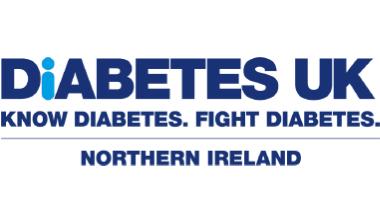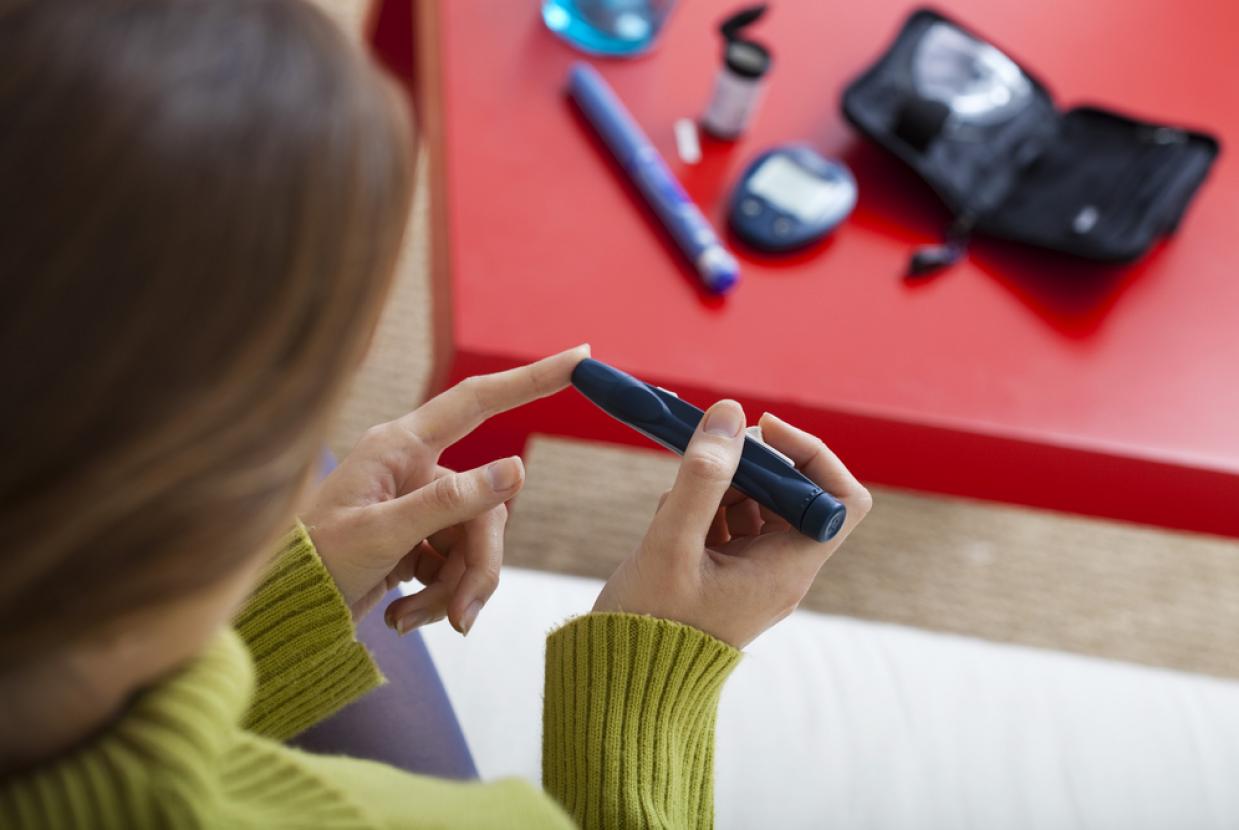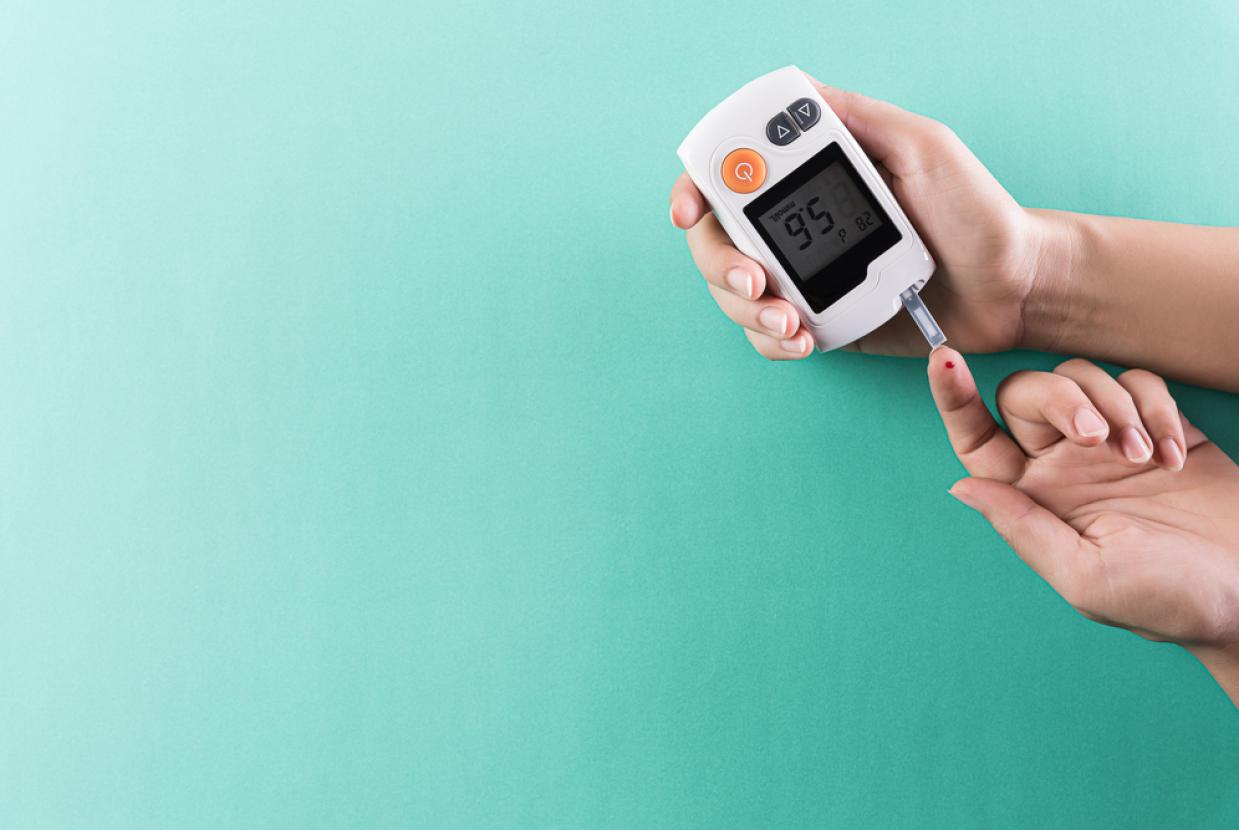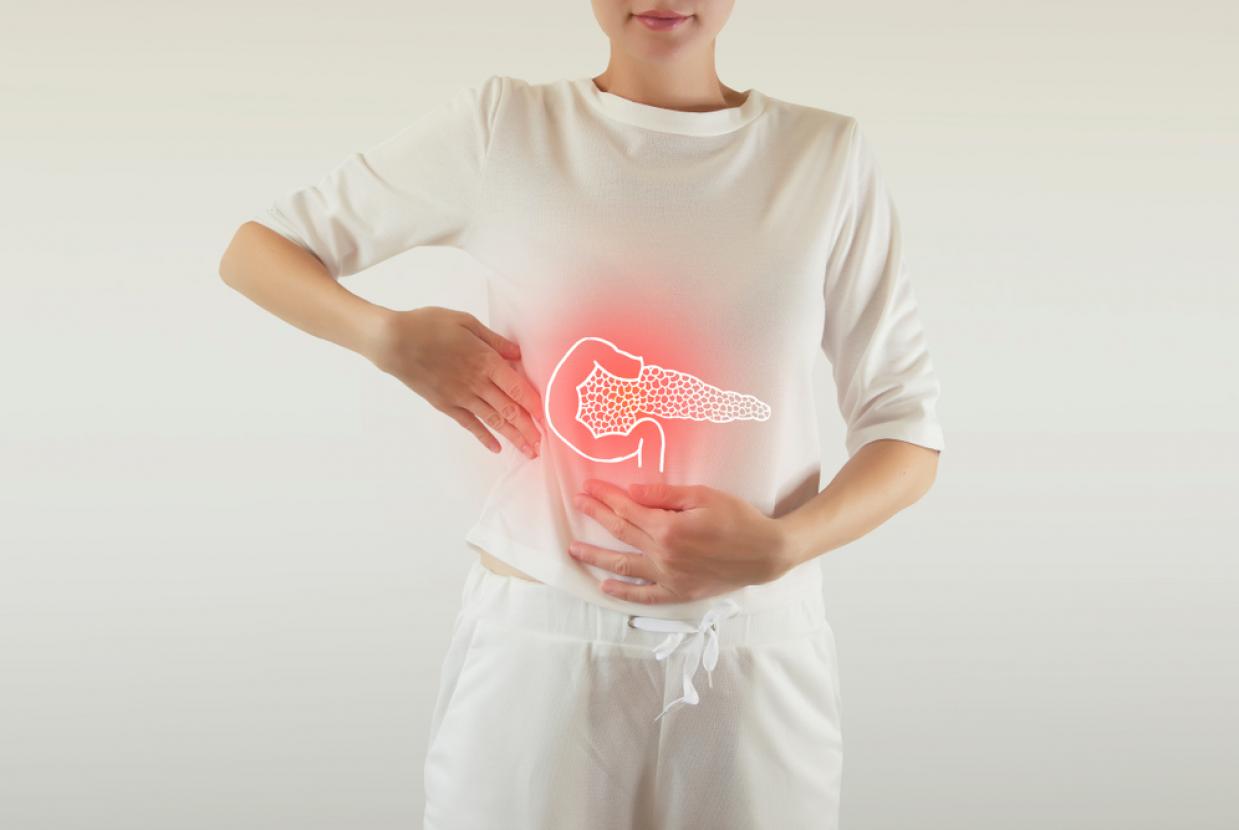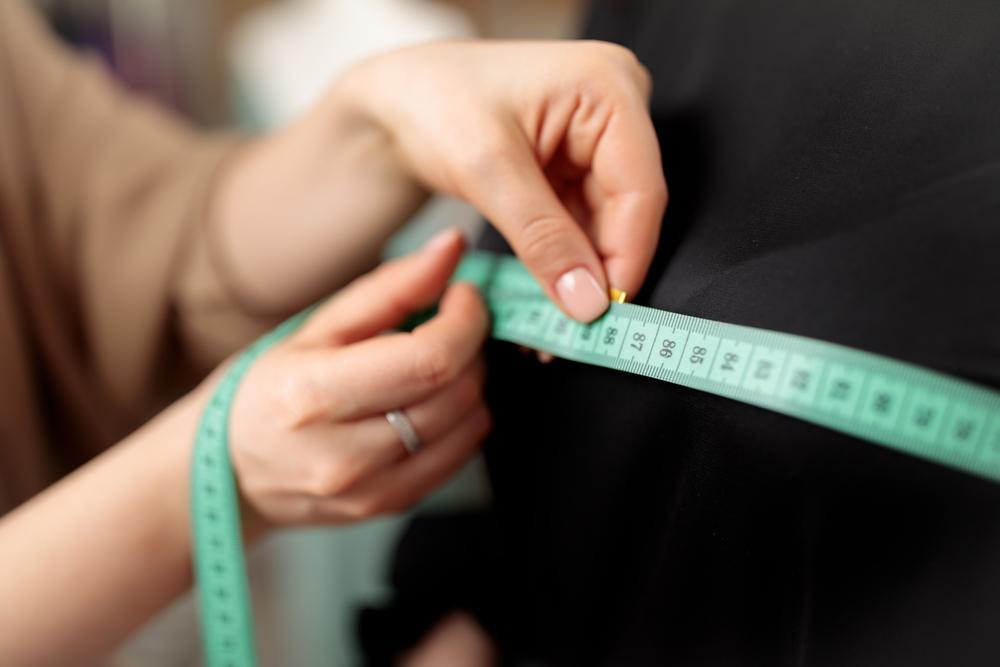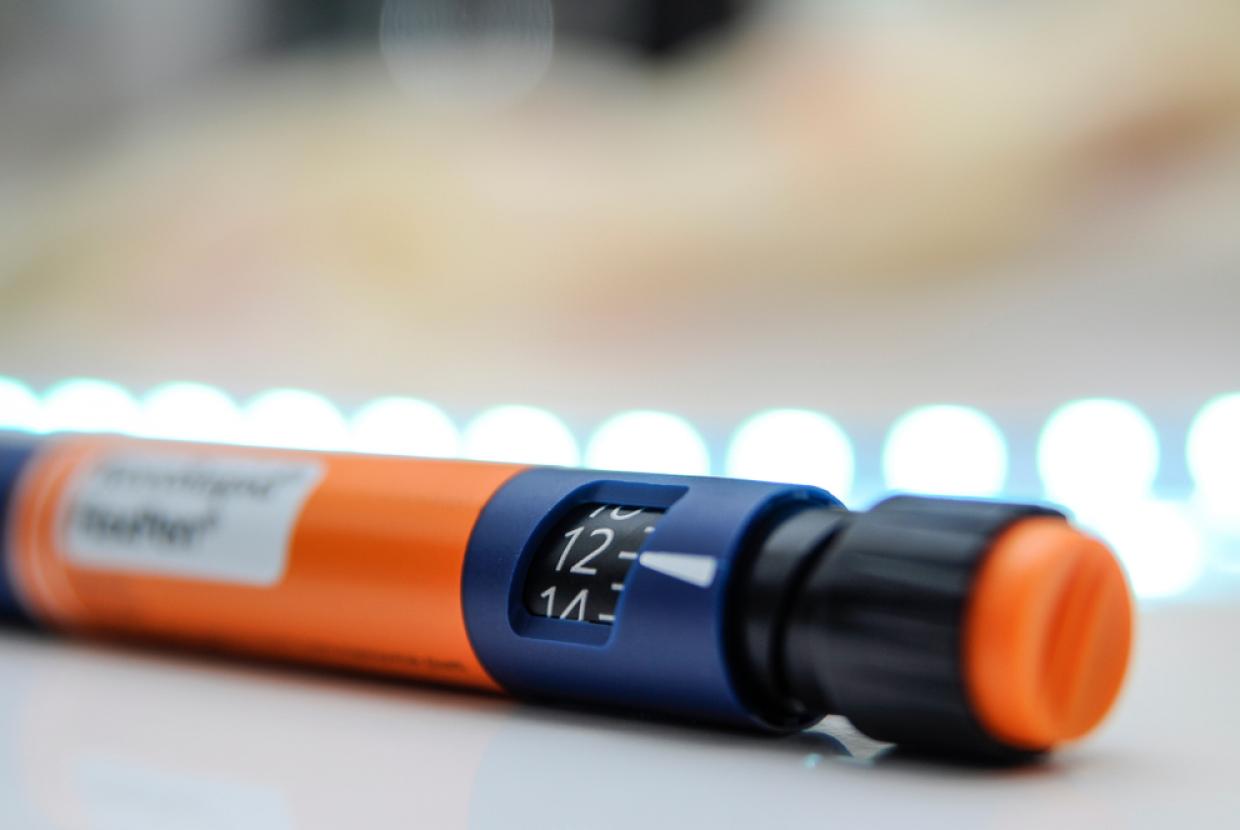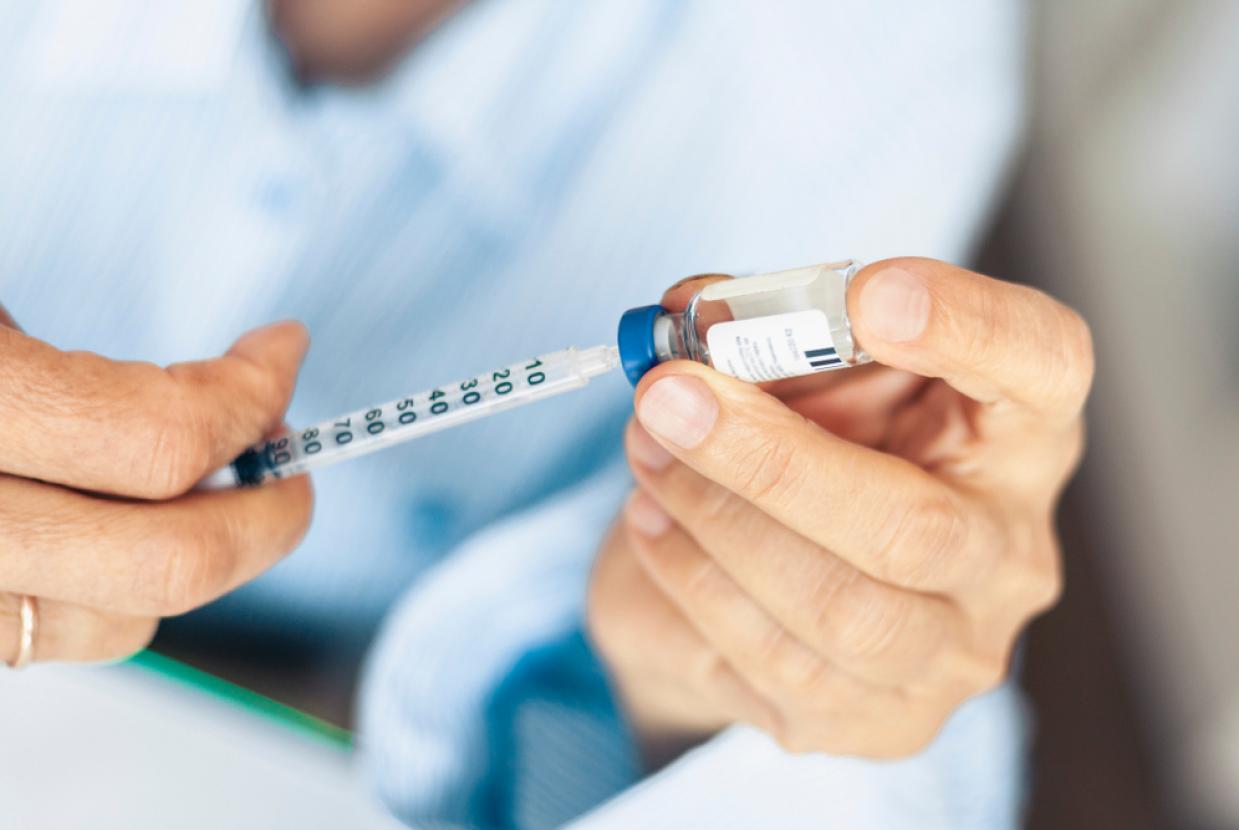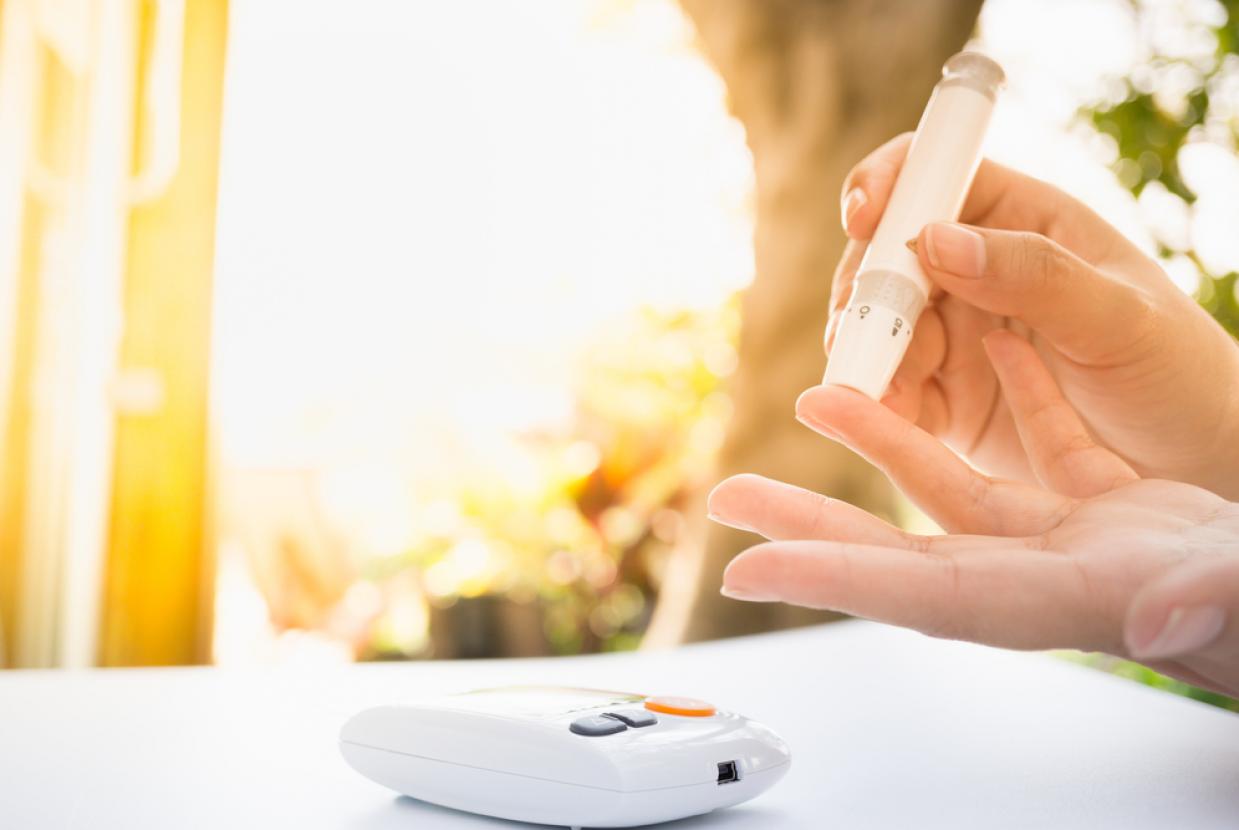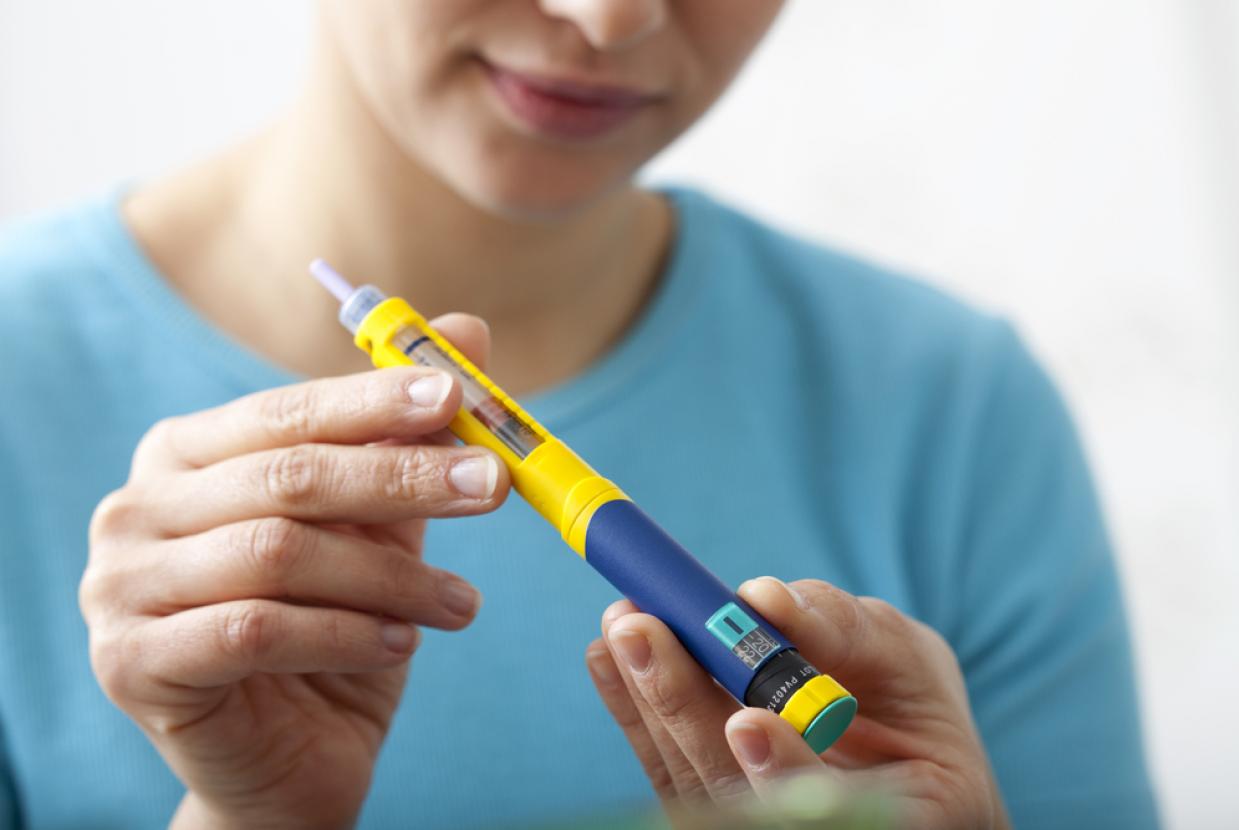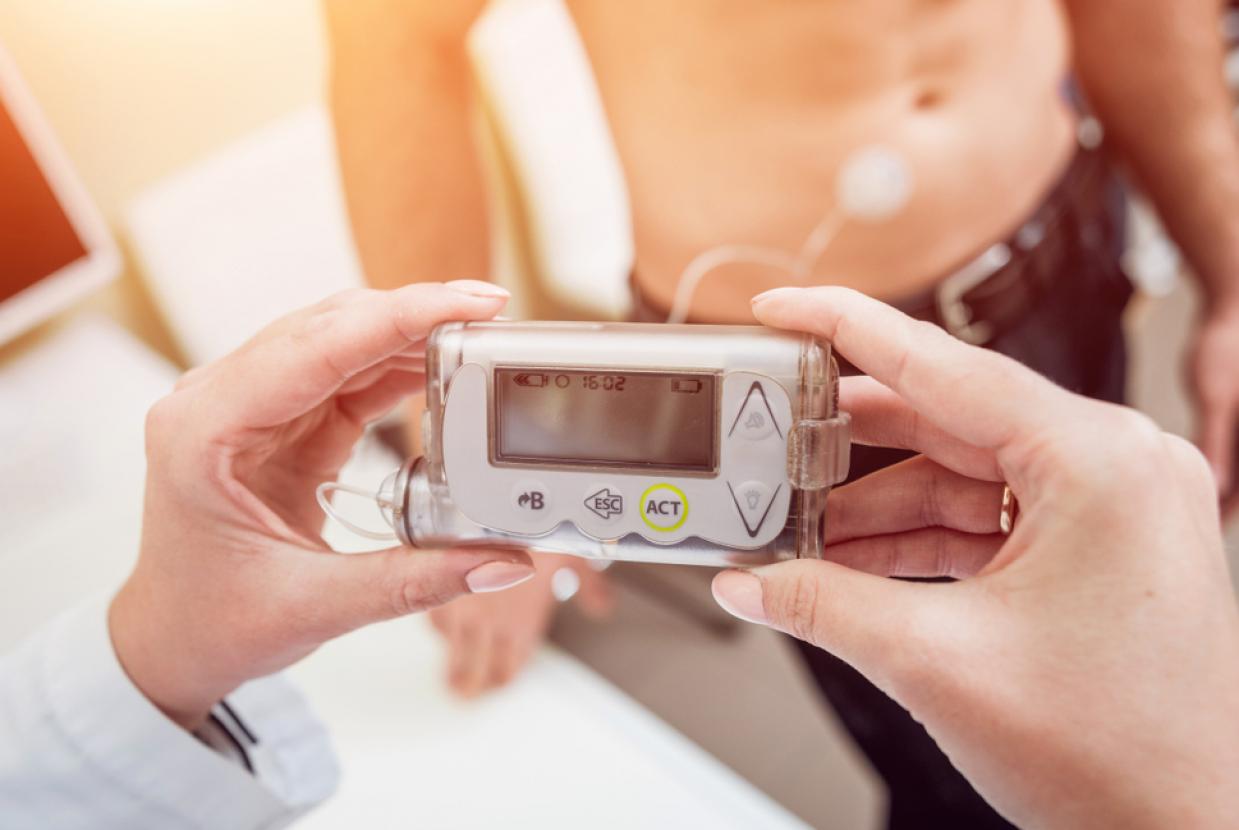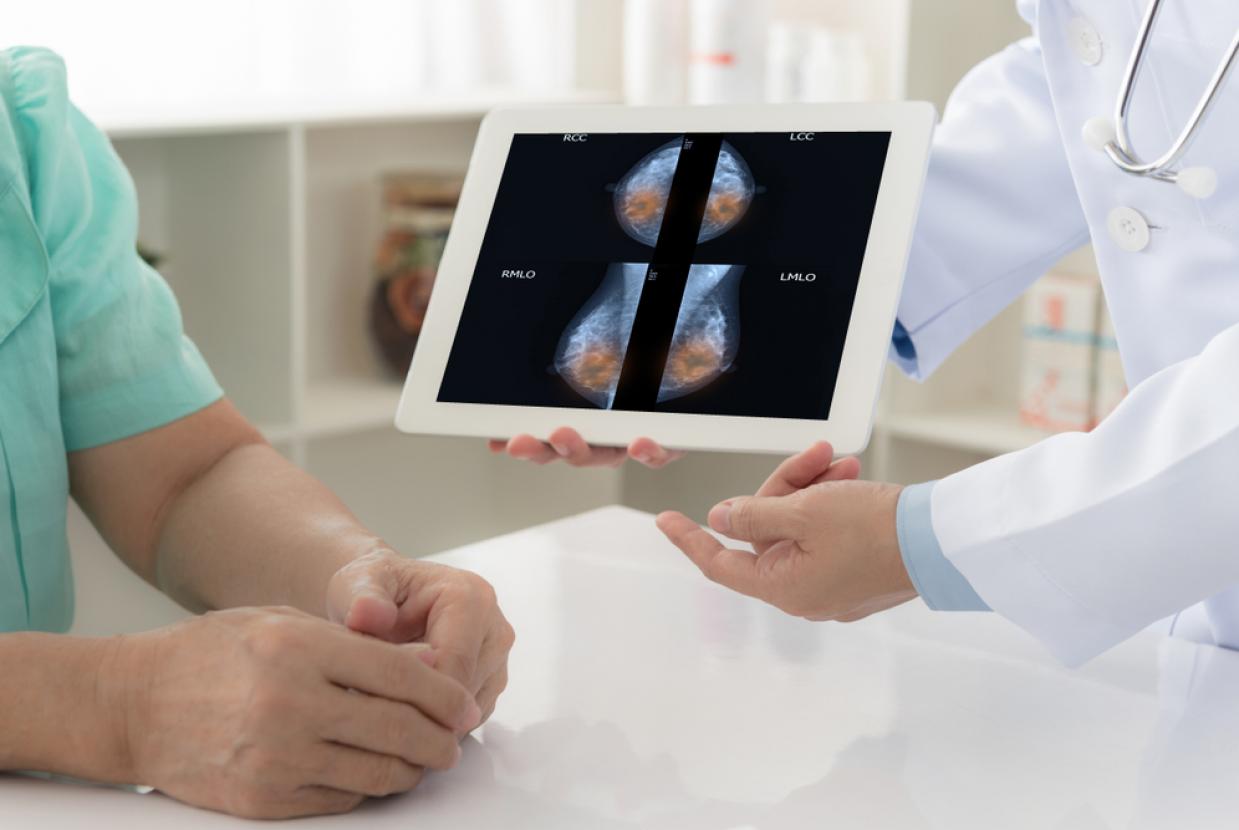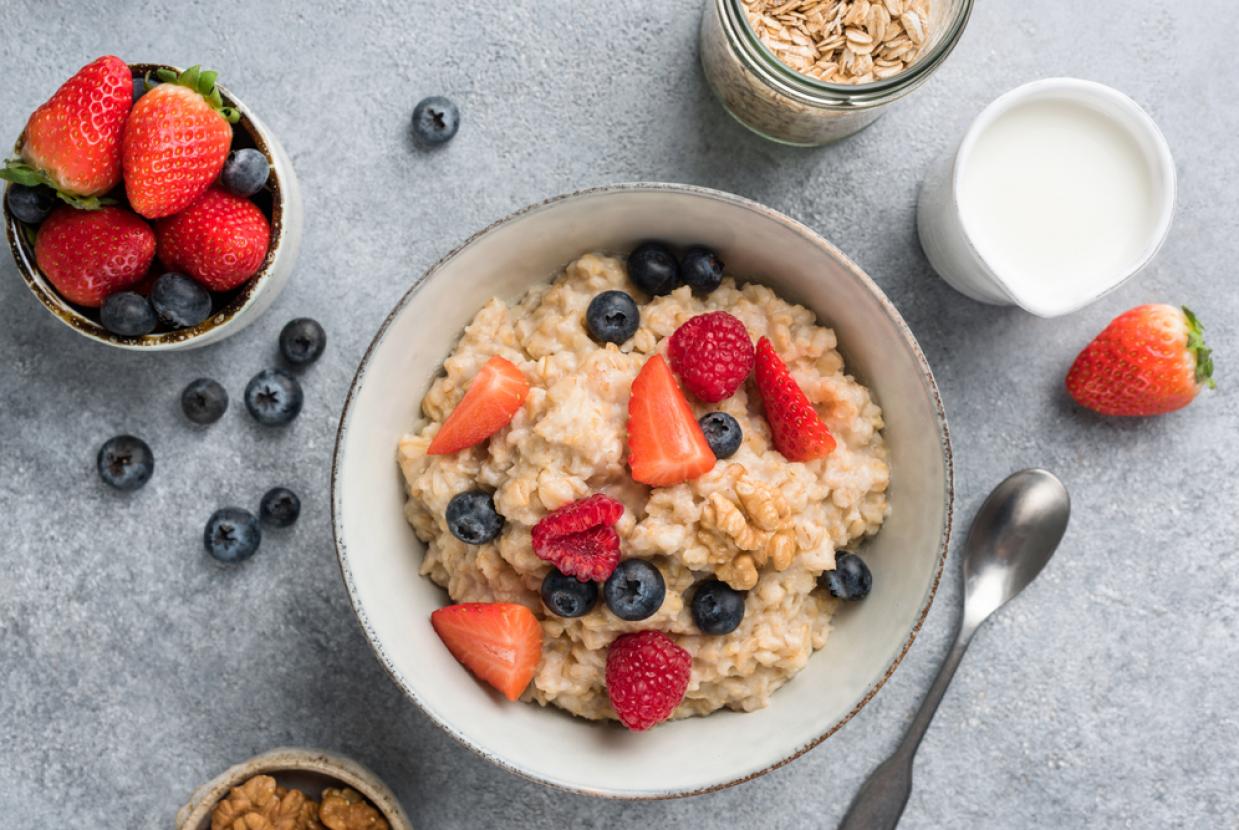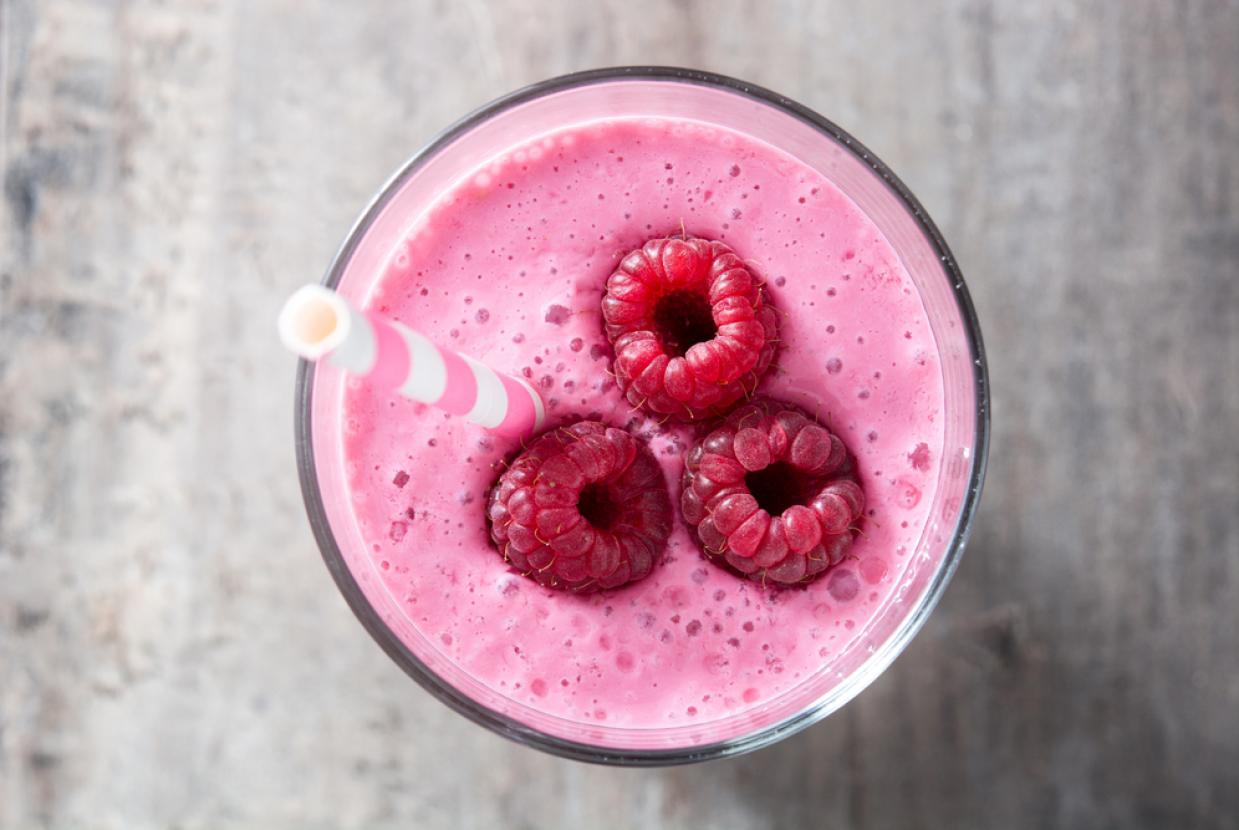Diabetes & Physical Activity
Moving more, spending less time sitting down and more time being active is key to preventing type 2 diabetes. It could be a brisk walk around the park, playing a sport in the garden, or doing an online exercise class. Or it could be getting up from your seat and doing more around the house, such as vacuuming and tidying. Even moving a little more makes a big difference.
Moving more each day will help you lose weight and help to maintain a healthy weight. This is so important as carrying extra weight is a key risk factor for type 2 diabetes.
Moving more will also help you to:
- reduce your waist size
- reduce blood pressure
- improve your mood
- manage stress and help you sleep.
How much activity?
The government recommends that adults should be active at moderate intensity for at least 150 minutes per week. You may find it easier to break this down to 30 minutes, five days a week. For vigorous activity, the recommendation is at least 75 minutes per week. This could be broken down to 15 minutes, five days per week if it helps.
Moderate activity means your breathing is increased, but you're still able to talk. It's things like walking quickly, cycling on flat ground a swim if you're able or a gentle online exercise class. Join the Movement has a timetable of daily online classes to suit all levels.
Vigorous activity means your breathing is fast and you have difficulty talking. You might even work up a sweat! It's things like running, HIIT workouts, cycling fast or up hills, or fast swimming.
You should also try to fit in activities that improve your muscle strength at least two or more days a week. This could include:
- heavy gardening
- carrying the shopping
- pilates
- yoga
- lifting light weights.
We know this can be a big challenge. So, break the time into smaller chunks and build up to this amount. Walking can be a great way to start and it's something you can build into your everyday routine – it's also free.
Think about taking the stairs instead of the lift, get off the bus a stop earlier, or join a walking group online.
Where to start?
Being more active doesn't mean having to sign up for a gym membership and buying lots of expensive new gear. Being more active can involve making small changes that fit with your everyday life - as well as your budget.
Follow our three top tips to help make your life more active:
1. Set yourself clear goals
Setting goals can help you break down what you need to do and how to do it. Keep an activity diary to see how active you are and use it to gradually increase your activity levels. Our action plan can help you set some goals. If you have a smart watch apps such as FitBit can help you stay motivated and in control of healthy habits.
2. Plan ahead
We all have busy lives, so try to plan what activity you're going to do this week and fit it around your social life. You could fit something in during your lunch hour or go for a walk to catch up with friends.
It's a good idea to think about anything that might stop you from doing what you've planned, like bad weather, and having plan B ready just in case.
3. Start by making small changes
It's time to put your plan into action. Start small and do something you enjoy. Doing just a little bit more each day will still make a difference. It also means you're more likely to stick to it and the change won't be such a shock to your daily routine.
Each healthy choice you make is helping you to achieve your goal. If you find it hard, don't give up – start again tomorrow.



